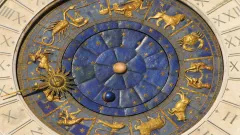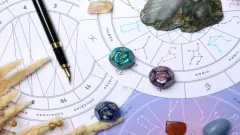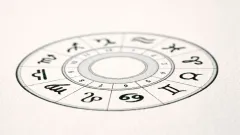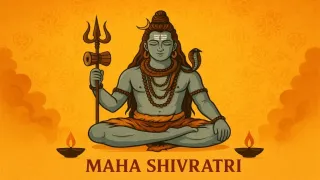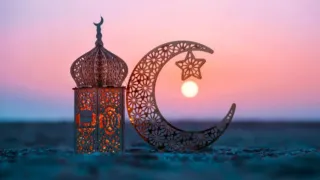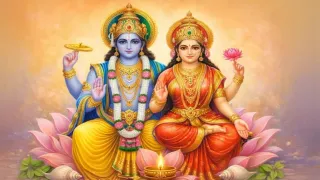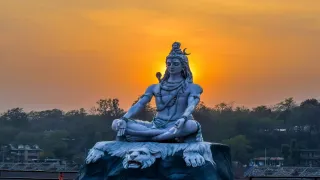The winter solstice is a celestial milestone that signifies the shortest day and the longest night of the year. In 2024, this fascinating astronomical event falls on Saturday, December 21, officially ushering in winter in the Northern Hemisphere. Here's a closer look at the date, Indian timings, and the science behind this remarkable phenomenon.
Winter Solstice 2024: Date and Indian Timings
On December 21, 2024, the Earth’s axial tilt of 23.5 degrees will position the North Pole at its furthest distance from the Sun, causing minimal sunlight in the Northern Hemisphere.
- Winter Solstice Exact Time: 02:49 PM IST
- Sunrise: 07:10 AM IST
- Sunset: 05:29 PM IST
This day marks not only the shortest span of daylight but also the longest night of the year, making it an astronomical turning point.
Why Does the Winter Solstice Happen?
The Earth's tilt on its axis, coupled with its elliptical orbit around the Sun, is the primary cause of the winter solstice. During this time:
- The Northern Hemisphere receives the least amount of sunlight due to the North Pole’s tilt away from the Sun.
- The Southern Hemisphere, in contrast, basks in long days and short nights, experiencing its summer solstice.
The winter solstice is a reminder of Earth's dynamic relationship with the Sun, influencing seasons, climate, and daily life across the globe.

Image Source: Twitter
Cultural Significance
The winter solstice has been celebrated for centuries, often symbolizing renewal and hope. Ancient cultures viewed it as a time of rebirth as the days grew longer after the solstice.
- India: In some regions, the winter solstice is linked to agricultural and harvest cycles, influencing local traditions.
- Global Traditions: From Yule in Scandinavia to Dongzhi Festival in China, communities commemorate the solstice with rituals, feasts, and gatherings.
Fun Facts About the Winter Solstice
- The winter solstice doesn't mean the coldest day of the year; that typically arrives later due to the lag effect in seasonal temperature changes.
- It coincides worldwide, but its effects differ depending on your location.
- After the solstice, days gradually get longer, leading up to the spring equinox.
Why Does the Winter Solstice Matter?
Beyond its astronomical importance, the winter solstice reminds us of the cyclic nature of time. It encourages reflection, celebration, and the anticipation of brighter days ahead.
Mark your calendars for December 21, 2024, and embrace this celestial event that connects science, culture, and the natural world.
Also Read: Dream 11 Predictions for all matches of Tamilnadu Premier League




